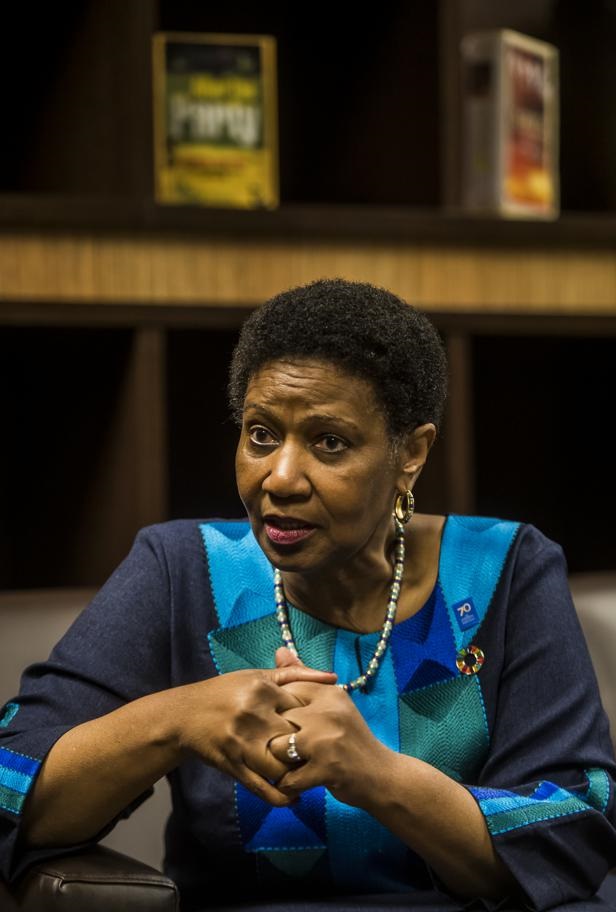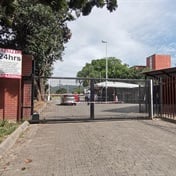
This year marks 70 years since the Universal Declaration of Human Rights was instituted.
But South Africa, and the rest of the world, is battling human rights issues, particularly those affecting women.
In 1948, for the first time, representatives from all over the world set out the fundamental human rights to be universally protected for all peoples globally.
South Africa, a signatory of the declaration, has a Constitution is lauded as one of the most progressive in the world but many see room for improvement in its implementation.
“I don’t want to set an impossible standard for South Africans, there just has to be some issues that give us sufficient consensus – which is what we’ve always had – for us to move forward,” said former deputy president and UN Women executive director Phumzile Mlambo-Ngcuka.
Mlambo-Ngcuka was one of the lead speakers at the UN Women and Office of the High Commissioner for Human Rights women’s month forum this week, in partnership with Amnesty International and the Nelson Mandela Foundation.
In an interview with City Press, she said: “We need formal power in authority to meet with informal power that is represented by civil society to work together on the issues we all agree should be taken forward, and also to accept contestation as part of enhancing our progress.”
Yamini Mishra, a director at Amnesty International, expressed concern about civil society spaces she said were shrinking.
“Globally we are seeing a curtailment of global society spaces and we know that this shrinking of civil society space is not a gender neutral phenomenon. Obviously as women human rights defenders they experience violations of another level altogether, one because they are human rights defenders, two because they are women and three because often times the issues they work on are issues which really touch a raw nerve in our society,” she said.
“These battle lines are still being drawn and I think for larger civil society groups to rally behind this,” said Mishra.
“The struggle of human rights is a struggle of relationship. It’s about how I use my rights to defend your rights, it’s a struggle of understanding that my privilege cannot come at a cost to yours and that my hope cannot be based in no hope for you,” said Kate Gilmore, the UN deputy high commissioner for human rights.
She said this was the particular message from the history of South Africa.
“We need a South Africa true to its constitutional values to live those values in foreign policy not only in its domestic policy. No single nation state is going to survive on this planet on its own,” said Gilmore.
She said the world needed more multinational solutions.
. Look out for an exclusive interview with Mlambo-Ngcuka in City Press this Sunday.




 Publications
Publications
 Partners
Partners








